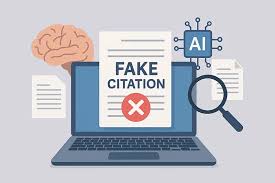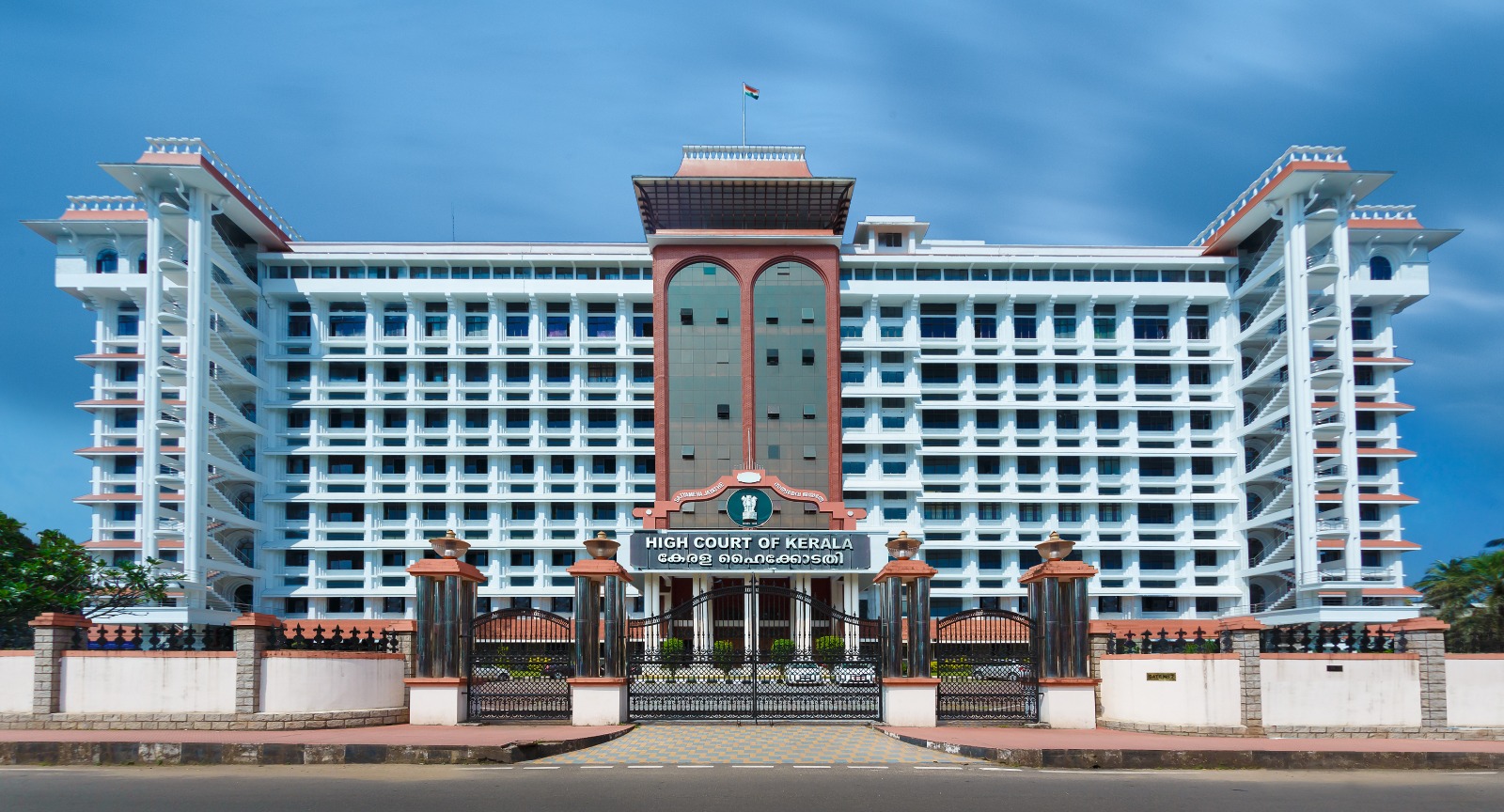Amitava Lala, J.@mdashThe case of the petitioner in this writ petition is entitled for regularisation of service under the regular establishment as recommended by the concerned District Magistrate. This is the third writ petition for the purpose of getting regularisation of service of the petitioner. In the first writ petition being W.P. No. 23354(W) of 1998, Justice Prabir Kumar Samanta was pleased to direct the concerned District Magistrate to consider the case of the petitioner. It was considered on the basis of the documentary evidences and also educational qualification and on the basis of the report of the Block Development Officer. The petitioner had been engaged as Sub-Assistant Engineer on daily wage basis for supervision of development works under Jhargram Panchayat Samity and he had been working in that Block/Panchayat Samity till the date of passing the order on 6th January, 2000. According to the District Magistrate, in terms of Labour Department Memo No. 1700-EMP dated 3rd August, 1979, the petitioner is eligible for appointment as Sub-Assistant Engineer under the regular establishment. Therefore, considering all facts and circumstances as also direction of the Court, the concerned District Magistrate was pleased to pass an order that the petitioner be appointed as Sub-Assistant Engineer in the regular establishment after observing necessary formalities. Thereafter, by a letter dated 6th September, 2000 signed by the District Magistrate, Midnapore, on 1st September, 2000. The concerned Dist. Magistrate informed the Principal Secretary to the Govt. of West Bengal, Panchayat and Rural Development Department that he is satisfied to pass a reasoned order by holding that the petitioner is eligible for appointment as Sub-Assistant Engineer under the regular establishment. He requested such authority to accord necessary approval to enable him for appointment against the existing vacancies in the District after observing necessary formalities. Since nothing happened, a representation was made and again a writ petition was filed before this Court which was numbered as W.P. No. 18554(W) of 2001. In disposing of such writ petition on 4th February, 2002, Justice Pranab Kumar Chattopadhyay was pleased to direct the Principal Secretary, Panchayat and Rural Development Department to take necessary decision in this regard as expeditiously as possible, but positively within a period of six (6) weeks from the date of communication of that order. Therefore, if the order is properly read, it will be understood that since the approval of appointment was not accorded by such Principal Secretary, he was directed to take decision within the specified period. It will not be interpreted in the manner that by virtue of the order, the Principal Secretary, Panchayat & Rural Development Department was directed to reconsider the issue. In any event, a reconsideration was made by such Principal Secretary without understanding the import of the order. The petitioner had no other alternative, but, to attend the meeting on the basis of the notice. According to the Principal Secretary, casual service which are perennial type of work for a period of not less than three (3) years or rendering service for 240 days of work in all three (3) consecutive calendar years etc. will have to be counted before 3rd August, 1979 as per the Memo of the work for such period. I am sorry to say that the authority has totally lost sight about the scope of the memorandum or misdirected himself. The circular dated 13th March, 1996 which has been handed over to this Court speaks as follows :
"All such workers including seasonal workers engaged in a perennial type of work in any establishment under the various departments of the Government excepting the Home Department including Home (C & E). Transport Department and the Industrial Reconstruction Department during the period from 4.8.79 to 31-12.91 and are still continuing to be so engaged may be absorbed on temporary basis in any regular establishment of the State Government subject to fulfilment of the other terms and conditions laid down under the Labour Department''s Memo No. 1700-EMP dated 3.8.79 read with Memo No. 1650-EMP dated 28.8.80."
2. Therefore, from plain reading of such circular it appears clearly that it is speaking for engagement in between such period, but, not with regard to continuance of work for 240 days or for three (3) years within such period. Therefore, the incorporation of the Principal Secretary is absolutely wrong. It will also be reflected from Clause 4 of the said circular whereunder the absorption of the workers after 31st December, 1991 was also directed to be examined.
3. Mr. Dasgupta, learned Counsel appearing for the respondent, contended before this Court that the petitioner was engaged under specific scheme to supervise the work of the concerned Panchayat Samity from 1991. He was paid from the contingency fund of the specific scheme. In case of appointment under specific scheme, the tenure of engagement is limited upto the period of continuance of such scheme. The petitioner cannot be appointed as Sub-Assistant Engineer in the regular establishment as because such appointment will be given through the Public Service Commission. The recommendation for giving appointment by the authority is the Director of Relief etc. which is not the post of the Panchayat. Moreover, the Panchayat is a Self-Government Institution under Article 243B of the Constitution of India for the rural area and there is no post for Panchayat Samity leaving aside the posts, i.e. (i) Upper Division Clerk, (ii) Clerk-cum-Typist and (iii) Peon. Therefore, whatever stand is taken by the Principal Secretary is justifiable and categorical with the reasons. In reply, Mr. Chatterjee, learned Counsel appearing for the petitioner, contended before this Court that for giving an appointment under the Panchayat and similarly for placing with the Government service etc., a new Act has come into force in the year 1999. Before that, there was no such Act for giving an appointment in different posts of the Gram Panchayat, Panchayat Samity and Zilla Parishad. It has been followed on the basis of various administrative circulars. It is also followed on the basis of the exigencies. In one Gram Panchayat or Panchayat Samity or Zilla Parishad, there might have been requirement for the post of Engineer or Technical expert because it is more urbanised, but, it may not be applicable in other Gram Panchayat, Panchayat Samity or Zilla Parishad which is not so. Therefore, it is depending upon various circumstances. In any event, I find the petitioner''s case is well founded.
4. Mr. Chatterjee, learned Counsel appearing for the petitioner, has cited a decision reported in
5. Therefore, taking into totality of all aspects of the matter, I am of the view that the order passed by the Principal Secretary on 19th June, 2002 cannot be sustained. Thereby such order impugned is set aside. As a result whereof, there is no embargo upon the Principal Secretary being the authority concerned to accord approval on the basis of the recommendation given by the concerned District Magistrate. However, the same will be done within a period of one month from the date of communication of this order positively.
6. Thus, the writ petition stands disposed of without any order as to costs.

